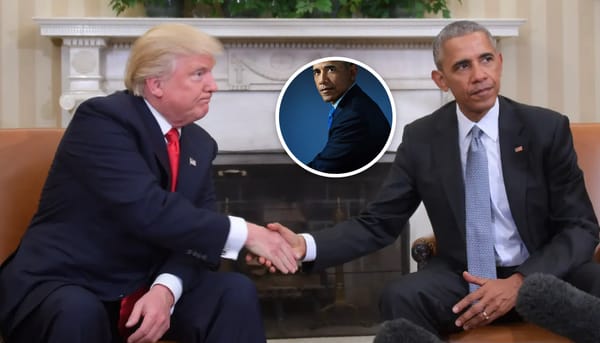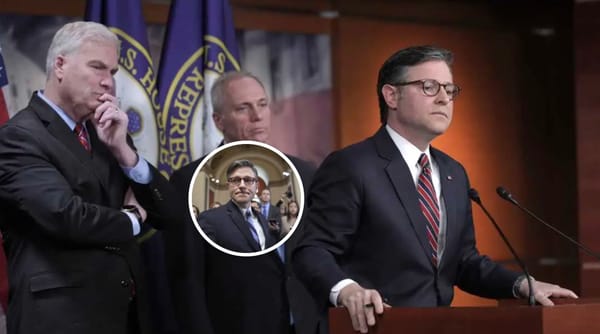Obama Official Admits Democrats Were Too Cautious Compared To Trump
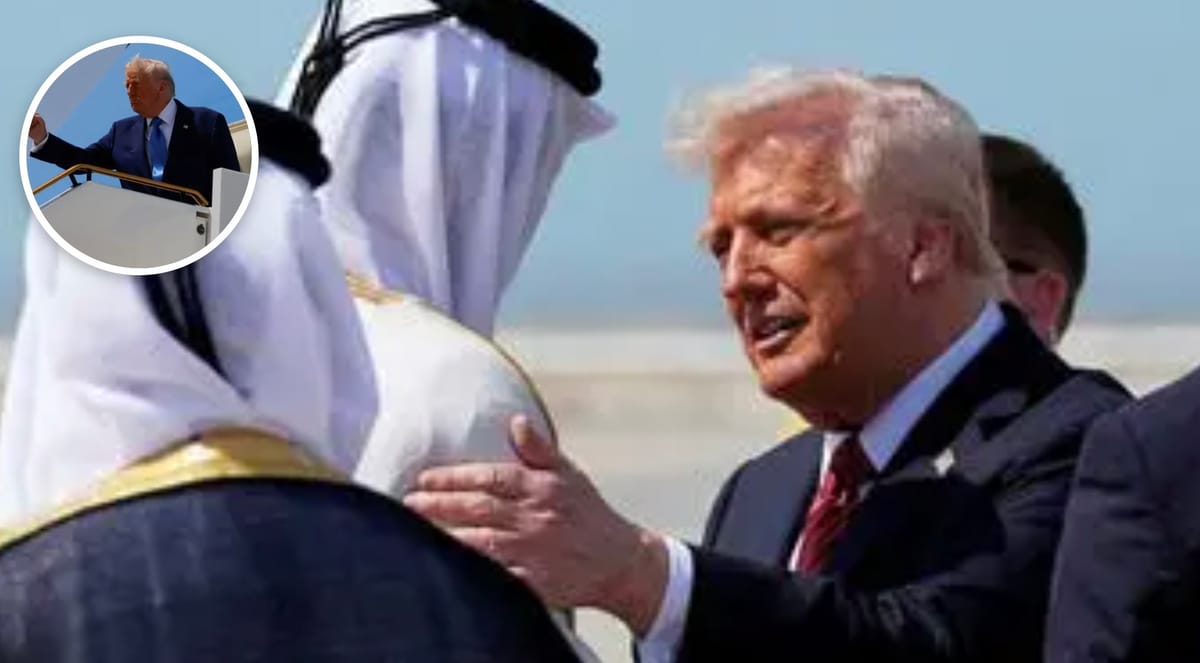
It's a stunning admission.
Former top officials are questioning why their own party didn't take bold steps, even if unconventional.
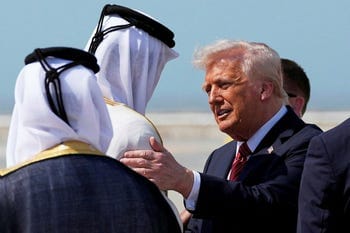
Defying All The Rules
Donald Trump has been making waves with a recent trip to the Middle East.
His actions have included meetings that would have sparked outrage if almost any other politician had done them.
Imagine a U.S. president meeting with someone previously labeled a terrorist by the U.S. government, and then reportedly praising them as a "tough guy."
Or imagine a first foreign trip to the Middle East that bypasses Israel's Prime Minister Benjamin Netanyahu to focus on other leaders.

The possibilities don't stop there.
What about striking a sensitive deal with a group like Hamas and keeping Israel out of the loop?
Or lifting sanctions on a nation like Syria, even after major conflict?
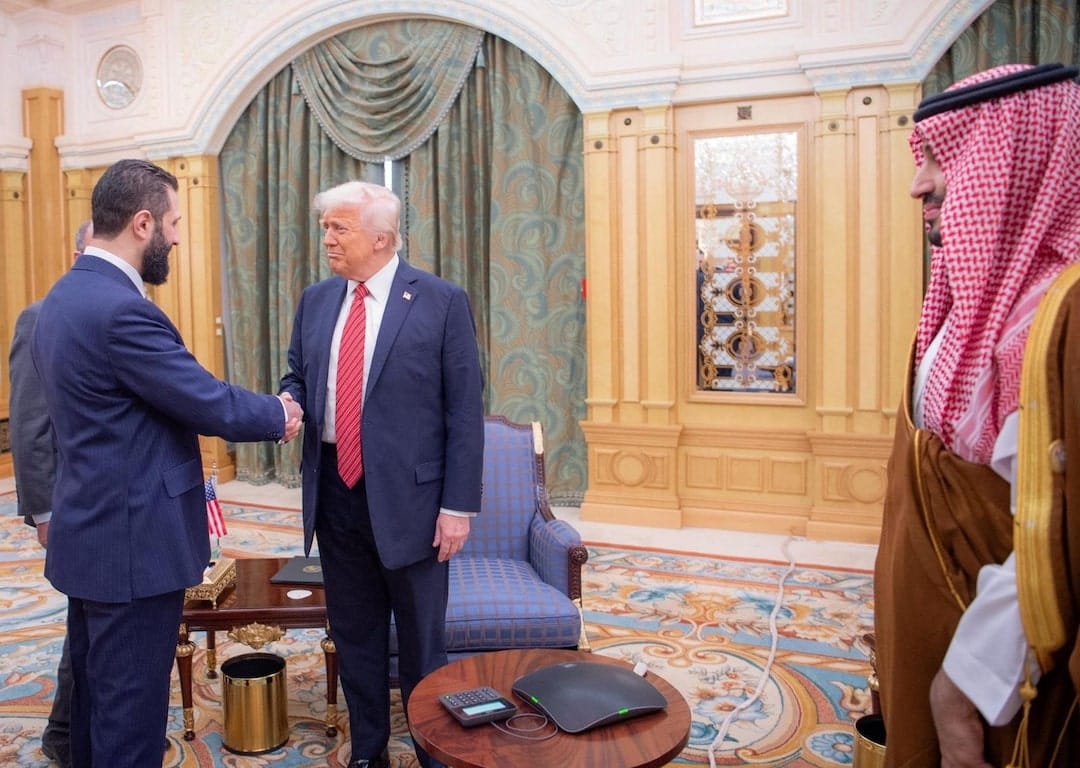
Why Didn't They Do It?
For years, a common refrain among some was "Can you imagine if a Democratic president had done that?" in response to Trump's unconventional moves.
He seemed to operate by a different set of rules, often without the expected political fallout.
But now, the question is shifting dramatically for some observers, even those who worked in previous Democratic administrations.
Instead of expressing outrage, they're asking: Why *didn't* we do that?
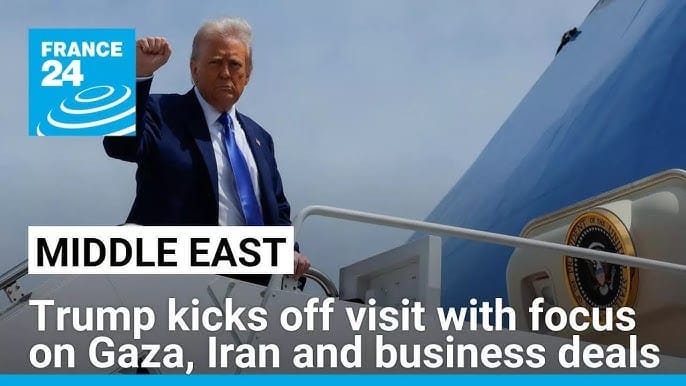
A Sense of Jealousy?
Watching Trump's rapid-fire decisions in the region, some former Democratic foreign policy insiders have voiced a surprising sentiment.
They sound almost... envious.
Ned Price, who served in the Biden State Department, noted the lack of major backlash.
He does all this, and it’s kind of silence, it’s met with a shrug. He has the ability to do things politically that previous presidents did not, because he has complete unquestioned authority over the Republican caucus.
Ben Rhodes, a national security adviser under President Obama, spoke plainly about one specific action: lifting sanctions on Syria.
He called it "so clearly the right decision."
His follow-up question was blunt.
I don’t know why Joe Biden didn’t do this.
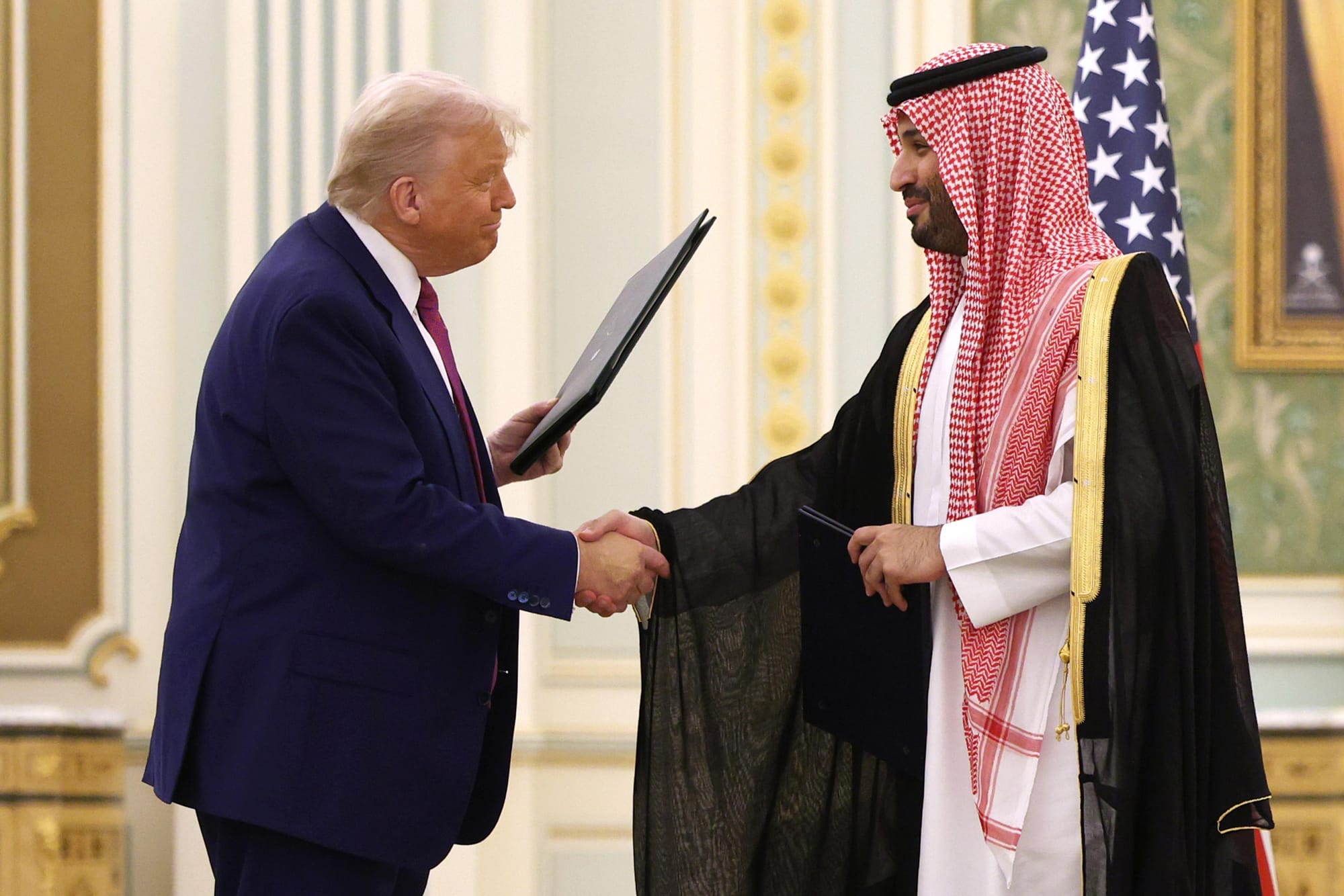
Playing It Too Safe?
While the full impact of Trump's trip is still unfolding, the willingness to engage directly and unconventionally stands in stark contrast to the approach of previous administrations in certain areas.
For some critics, the Biden administration's Middle East policy was marked by excessive caution.
They were unwilling to risk political controversy, potentially at the expense of pursuing what they might have privately viewed as the most effective course of action.
This caution, some argue, left important issues unresolved.

Consider the situation with Israel and Gaza. Critics point to the Biden administration's continued strong backing of the Israeli government, even as the humanitarian crisis escalated.
They feel more could have been done to pressure for a ceasefire or facilitate aid, potentially by leveraging U.S. military assistance.
Trump, by contrast, has shown a willingness to bypass Netanyahu, suggesting a different dynamic might be possible.
The Unconventional Advantage Revealed
So, what is the surprising reason behind this shift in perspective from some Democratic corners?
It comes down to a quality often criticized in Trump: his apparent lack of concern for conventional political backlash.
As Ben Rhodes put it when speaking about Trump's approach:
I don’t like Trump’s motivations for lots of things he does. But one thing you will say is he’s not tied to this constant fear of some bad-faith right-wing attacks or stupid Blob-type, ‘We don’t do this, we must leverage the sanctions for blah blah blah.’ No! Sometimes you just have to try something different.
This fearlessness, even if driven by self-interest rather than noble goals, allowed him to consider actions – like lifting Syria sanctions or pursuing a direct deal with Iran similar to the one Obama struck – that Democrats avoided due to the anticipated political firestorm.
It suggests that being overly cautious to avoid criticism can sometimes prevent leaders from making difficult, but potentially correct, decisions on the world stage.
Perhaps, some now admit, there are lessons to be learned from a less conventional playbook.
